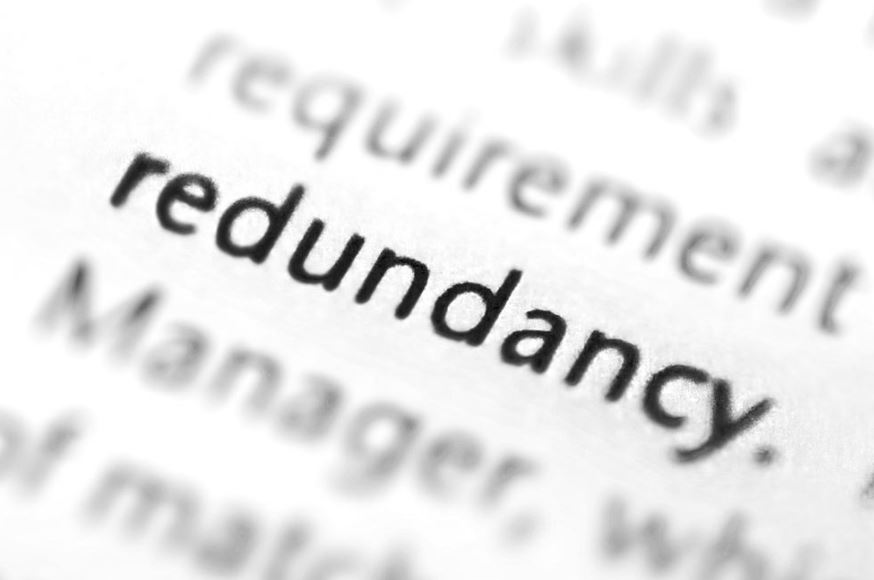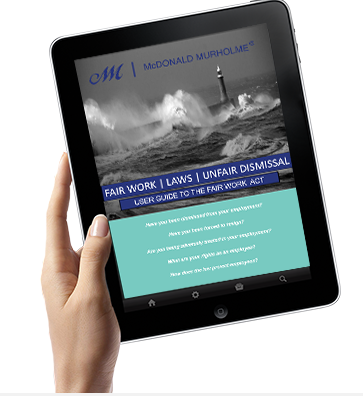What processes should a company follow before making a redundancy payment to you?
If you believe your employer has unfairly or unjustly made your position redundant, it may have failed to follow procedural requirements surrounding the redundancy of your position. Your employer is obliged to follow a process prior to making the redundancy package payment.

























